
The Invisible Future
The Seamless Integration of Technology Into Everyday Life
Recommendation
The gates to the human genome have fallen, nano-technology is redefining life itself, and Moore’s law continues to work its magic. But is there a dark side to the technology juggernaut? The answer provided by the contributors to this cutting-edge tome is a definite, "maybe." If technology cannot be made more human-centric - designed to respond to human wants and needs - its promise could indeed be thwarted. getAbstract.com strongly recommends this book to anyone whose work helps to hone technology’s cutting edge, and for those who just hope to stay on the safe side of the blade.
Summary
About the Author
Editor Peter J. Denning, Ph.D, is chair of the Information Technology Council at George Mason University. He helped to pioneer the development of operating systems through the 1960s and 1970s, and today is considered an innovative futurist and leader in IT theory. Denning has published six books and over 280 articles on networks, computers, and operating systems. He has held several leadership positions in the Association for Computing Machinery (ACM).










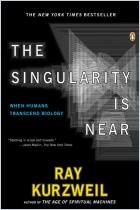
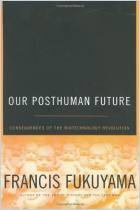
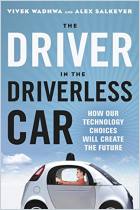
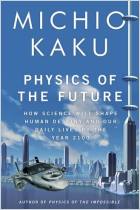
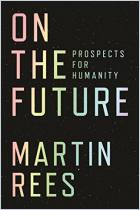



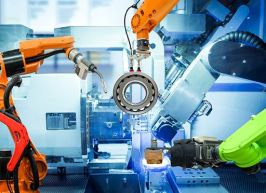
Comment on this summary or 开始讨论